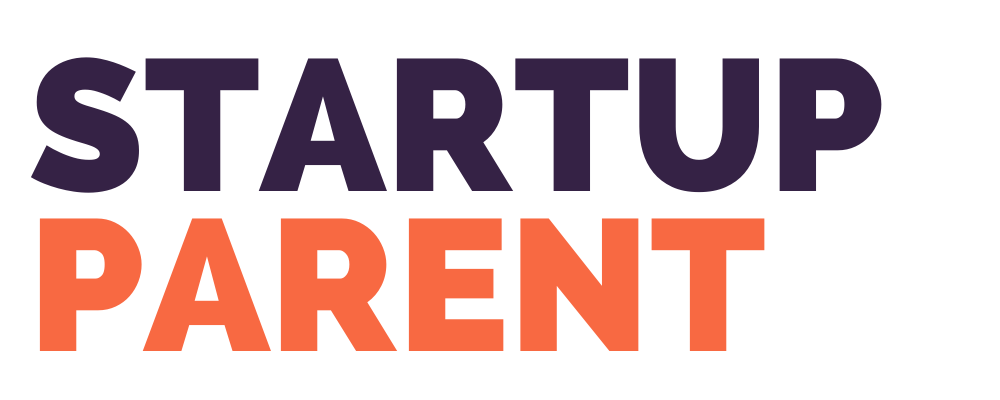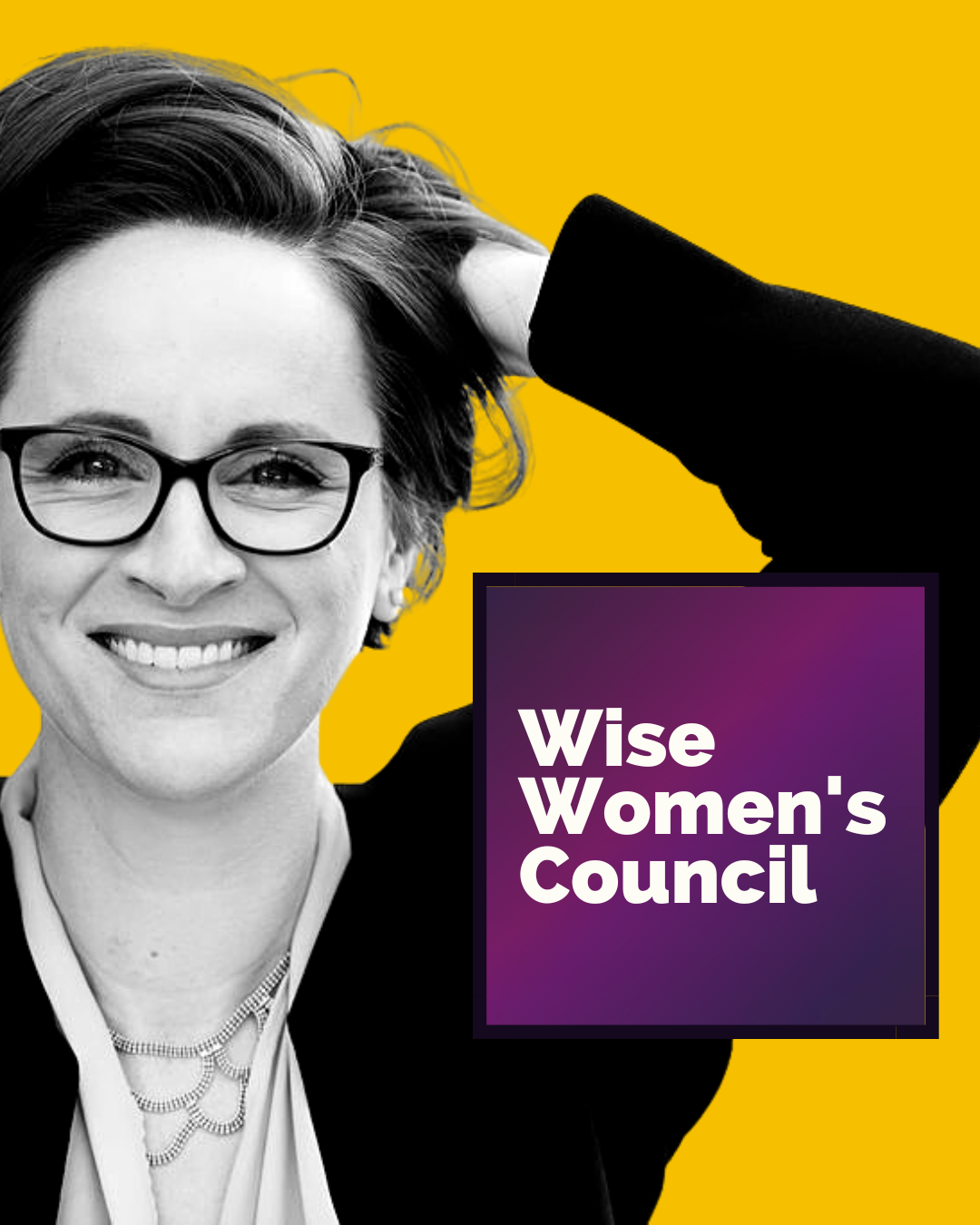How Childhood Stress Affects Adult Health — Episode #206 with Michelle Stephens
Could the cure for diseases like diabetes and hypertension exist in childhood?
Dr. Michelle Stephens believes childhood carries so much potential for long-term health, and she has research to prove it.
Michelle Stephens is a clinician, entrepreneur, wife, and mother. She has extensive pediatric clinical experience, a Master’s degree in Nursing Science from Johns Hopkins, a Ph.D. from UCSF where she studied early childhood stress physiology, and three years ago she co-founded Oath Care, a company creating a new healthcare model that’s rooted in community.
After losing her baby brother to a congenital heart defect, Michelle decided on a career in pediatrics, and became a Certified Pediatric Nurse Practitioner. She pursued a Ph.D. to better understand early childhood experiences and stress.
One of the core takeaways from Michelle’s research: intimate relationships with caregivers is the most effective way to combat childhood stress.
One of the core takeaways from her research on adverse childhood experiences (ACEs) is that the most effective way to combat childhood stress is through intimate, supportive relationships with caregivers.
But caregivers are already under so much stress themselves, so she wanted to know what could be done to create a better environment for kids. It turns out, better supporting parents is one way to better support kids. This realization led to Michelle leaving her career as a clinician to pursue an alternative path in the world of entrepreneurship and healthcare startups.
“I knew that there was such a strong correlation to adverse childhood experiences and adult health outcomes,” Michelle shared on the podcast, “and I really wanted to make an impact, but I felt the constraints of the US healthcare system really prohibiting me from doing that.”
This is part one of our conversation, where we talk about:
- Her pivot from delivering in-person, one-on-one care to providing remote care at a one-to-many model.
- How Oath Care has helped service providers (like sleep consultants, lactation consultants, doulas, and more) share their services from all over the country.
- How Michelle and Camila navigate their co-founder relationship,
- The challenges they’ve faced in building from zero to one,
- The key things she’d do differently in hindsight, and,
- Why they focus on empathy, validation, and connection instead of allowing people to fight over what approaches are best.
“I knew that there was such a strong correlation to adverse childhood experiences and adult health outcomes, and I really wanted to make an impact, but I felt the constraints of the US healthcare system really prohibiting me from doing that.”
— Dr. Michelle Stephens
EPISODE SUMMARY:
In this episode, Sarah and Michelle discuss:
- Michelle’s career journey. How the death of her brother influenced Michelle’s path into healthcare provider and then entrepreneurship, and how a moment of serendipity led to Michelle meeting her cofounder at the back of a Chinese restaurant.
- Funding and Founding. How Michelle and Camilla went from connecting over adverse childhood experiences (ACEs) to raising $9M of capital and running a full-time team of 14 with 23 supporting specialists.
- What an ACE is, and why it matters. Michelle explains what Adverse Childhood Experiences are, how they correlate to adverse health outcomes in adulthood, and why they’re the reason Oath Care exists.
- Pivoting from brick and mortar to building in the online space. The concept of Oath Care was conceived in a pre-pandemic world, with the vision of creating a vertically integrated pediatric clinic. That all changed in 2020, and Michelle shares why that shift was ultimately for the best.
- The challenges of building at the intersection of healthcare and technology. Because of her years of experience as a pediatric nurse practitioner and her Ph.D. research, Michelle is uniquely positioned to build in healthcare. But that doesn’t mean the journey has been a smooth one, and Michelle shared her biggest learnings from the last 4 years.
- Moderating online communities and cultivating connection. When a Facebook or Reddit thread turns from good intentions to status signaling and shaming, what can be done to protect the community space? Michelle shares how Oath Care’s approach influences the way they handle tough conversations and polarizing topics.
- Community-based healthcare. Michelle talks about what community based healthcare means to her, how it influenced the building process, and why Oath Care isn’t meant to replace traditional models. They want Oath Care to strengthen the connective tissue that supports family wellness.
“I wouldn’t have built an app first. Keeping it scrappy, keeping it web-based is the biggest lesson that I wish we would’ve done, and I will scream that from the rooftops for other folks to learn.“
— Dr. Michelle Stephens
ON ENTREPRENEURSHIP
Michelle Stephens wasn’t planning on becoming an entrepreneur.
Michelle wasn’t planning on becoming an entrepreneur. But shortly after completing her Ph.D., she happened to meet Camilla Hermann while at a birthday party. The two talked for hours about the connections between childhood stress and adult health. Not long after, Camilla asked Michelle to become her co-founder.
In 2019, Michelle and Camila set out to build Oath Care. They wanted to create a new model of community-based healthcare dedicated to supporting parents through the early stages of parenthood, with the goal of fostering healthy relationships and reducing childhood stress. Together they’ve raised $9M, built an app, hired a full-time remote team of 14, and connected 23 service providers with patients that need care — and they’re just getting started.
“I absolutely loved [working as a clinician], but I found that it wasn’t a place in which I could actually move the needle on adverse childhood experiences, which was my passion.”
Change is necessary but it isn’t easy
“I absolutely loved [my work as a clinician], but I found that it wasn’t a place in which I could actually move the needle on adverse childhood experiences, which was my passion. I knew that there was such a strong correlation to adverse childhood experiences and adult health outcomes, and I really wanted to make an impact, but I felt the constraints of the US healthcare system really prohibiting me from doing that.”
“I went through a very critical point in time where I just like took a lot of time to think, talk to others, pray, meditate around… is this what I really wanna do? And am I willing to give up basically my whole pediatric clinical career and research career that I, literally just embarked on for this.”
“And what it really came down to was like, this isn’t going to be here again. Like research in academia and, and being a clinician will always be there… this will only be here for a brief moment in time.”
Sometimes it’s smart to keep it scrappy.
“I wouldn’t have built an app first. Apps are expensive, you know, need a lot of resources, [and are] expensive to market. And honestly, the trend is that people don’t want another app to download. We were so caught up in the success of the WhatsApp and Zoom, and wanting to just create that experience in an app.”
“But also, what we were building, there’s such high standards for that sort of communication. People have iMessage and Facebook and Instagram that are so beautifully done and bajillions of dollars funded that. Like for us to be able to even… we need to match that. And that was just obviously something that we couldn’t do so early on. So keeping it scrappy, keeping it web-based is the biggest lesson that I wish we would’ve done — and I will scream that from the rooftops for other folks to learn.”
“All we really measure in tracking kids is their height, weight, and head circumference, which is a massive disservice considering 80 to 85% of their neurobiology is formed before the age of five.”
— Dr. Michelle Stephens
KEY IDEAS
The big themes and key topics
Early childhood and new parenthood is such a critical time.
- When children experience stress that is not buffered by a caring adult, they’re more likely to develop chronic illnesses. Research shows that children with adverse childhood experiences die up to 10-20 years earlier than their more regulated peers.
- These correlations are well understood, but changes aren’t being implemented in clinical settings. As a pediatric primary care provider, Michelle realized that the care recommendations and protocols she was giving to mothers and babies weren’t based on the latest maternal and child research.
- As much as 80-85% of our neurobiology forms between the ages of zero and five. Early growth and development matters so much, but we’re not anywhere close to caring for parents and children in a way that could create life-long changes.
- Shockingly, less than 3% of all NIH funding goes to maternal and child health.
The link between childhood stress and adult health outcomes is clear: adverse childhood experiences elevate lifelong stress and worse health outcomes.
- Adverse Childhood Experiences (ACEs) have a dose-response relationship with 7 out of the top 10 chronic illnesses in the United States, including diabetes, hypertension, congenital heart disease, and stroke. A dose-response relationship means that it is directly connected.
- The more adverse childhood events (ACEs) someone experiences, the worse their health is as an adult. ACEs are linked to chronic diseases and shorter lifespans.
- Michelle realized that we can better understand health and improve long term outcomes by focusing more on children. This realization prompted her to pursue a PhD in Early Childhood Stress Physiology. What if the cure for diabetes was actually in early childhood?
Understanding how stress works can help researchers and health professionals identify interventions that will support better health outcomes.
- Adverse childhood experiences can elevate the amount of ongoing stress someone experiences, leading to worse health outcomes. This stress compounds, particularly when it’s experienced in early childhood, because these neural pathways inform how we respond to stress in the future.
- Stress responses get wired in during early childhood. By adulthood, these different experiences shape each person’s sympathetic response wiring, which means that some adults are living in a more chronic state of stress and reactivity because their nervous systems are hyper-vigilant as a result of these adverse childhood experiences.
- If we actually change the way we do prenatal healthcare, and make the effort to take care of and nurture parents and caregivers, Michelle and Camilla believe we could radically change the health trajectories of future generations.
Our stress response systems are completely overwhelmed in today’s environment.
- In the past, humans faced danger from predators, as well as other threats to our survival. When reacting to danger, our sympathetic nervous system responds. When activated, the sympathetic nervous system speeds up our heart rate, elevates our blood pressure, and increases our breathing rate.
- Today we’re no longer in this kind of immediate danger, but our bodies still react as though we are in constant danger. This overloads the sympathetic nervous systems. As a result, nearly everyone is experiencing more frequent stress, more chronic stress, and less recovery time as a result. Evolutionary biology haven’t kept up with the rate of culture change.
- In addition, some people are more prone to nervous system reactivity than others, due in part to early life experiences, making their stress reactions and daily stress experiences even worse.
The most effective way to counter childhood stress is for children to have close relationships with their caregivers.
- If left unaddressed, unhealthy and chronic stress responses become an integrated full-body experience, ultimately affecting neurobiology and DNA. This cycle is what leads to intergenerational trauma: the stress quite literally gets under our skin.
- Michelle Stephens explains how focusing on what’s happening in postpartum and the early childhood years can create better measures and protocols to address early stress.
- Childhood stress can be mitigated and buffered through a caring, supportive adult. Focusing supportive caregivers, and elevating the quality of the caregiver-child relationship is one of the best ways to reduce childhood stress and improve long-term health.
“Childhood stress can be mitigated and buffered through a caring, supportive adult. Supporting caregivers, and elevating the quality of the caregiver-child relationship is one of the best ways to reduce childhood stress and improve long-term health.”
— Dr. Michelle Stephens
Early childhood and new parenthood is such a critical time.
- To Michelle and Camilla, community-based care means that you shouldn’t have to understand or engage with your health alone. Instead, you should have a team of providers and a network of other parents with similar questions to yours, so you can learn and grow together.
- You don’t have to have all the answers (or even know all of the questions to ask) because when you are co-journeying with other parents, you can learn from everyone’s questions and experiences.
- “We are a social company building the future of healthcare because we believe fundamentally that health is social. You are not meant to do this life alone… things don’t happen to one person at a time or one body part at a time. They quite literally happen in interconnected systems, so if we are not doing health in community, we are not fundamentally understanding health,” said Michelle.
Many people are disconnected from their emotions. Michelle shares her story of suppressing sadness, and where she struggles.
- Michelle shared that she has a pattern of suppressing her sadness, relying on anger to be the emotional mask or jacket for the sadness. As a result, she may come across as being angry, but it’s actually a defense mechanism to avoid feeling or connecting with her sadness.
- Connecting with and communicating our feelings is hard. It’s especially difficult because we’re trying to learn skills that haven’t been taught or modeled to us.
- It can feel like we’re small children trying to navigate a high stakes process, but understanding and articulating feelings is a key part of being human. If we want to consciously make different parenting choices than the ones modeled for us, the work begins with our own emotional dexterity. We can’t help our children if we aren’t willing to do the work ourselves.
What they believe about the future of healthcare:.
- If we’re not connected with other people going through similar experiences, we’re perpetuating the existing system and it’s deeply rooted problems.
- Michelle believes that the future of healthcare is going to be community-based because health is social — that’s why Oath Care is a social company. Health issues don’t affect just one person or one body part, they happen in interconnected systems, and we aren’t meant to go through life alone.
- When you are in a community with other people in similar stages of life to you, you can learn from their journeys. It means that you don’t have to have all the answers, or even all the questions, because you are co-journeying with others along a similar path. Community-based healthcare means impact beyond the one-to-one model.
“If we are not doing health in community, we are not fundamentally understanding health.”
— Dr. Michelle Stephens
QUOTES FROM THE EPISODE
Excerpts from the transcript of the conversation
Michelle: “While I was in the ICU, I saw the tremendous amount of stress that parents and children undergo while in the ICU and that really fascinated me because I felt like ill-equipped to address this and felt like, wow, if we’re just wanting them to survive, like how are we actually going to help them thrive once they get out of the ICU?”
Michelle: “All we really measure in tracking kids is their height, weight, and head circumference, which is a massive disservice considering 80 to 85% of their neurobiology is formed before the age of five.”
Michelle: “I came to understand the phenomenon of adverse childhood experiences, or ACEs, have a dose response correlation to seven out of the top 10 chronic illnesses we face today in the United States. This research has 40 to 50 years of support behind it, and we are literally just at the tip of the iceberg trying to implement this into our clinical protocols.
When kids experience stress, and it’s not buffered by a caring adult, the adult and themselves put themselves on a worse health trajectory… these are very well understood correlations that we’re just not implementing in the clinical setting.”
Sarah: “I think one of the problems that you’re solving too, is there’s a lot of people who are really, really smart, who don’t wanna be entrepreneurs at all, and the pandemic asked them to be entrepreneurs… and they’re like, I just want to practice. And so one of the things you’re doing is connecting this community to people who want to be able to practice.”
Michelle: “But ultimately, Sarah, what it comes down to is that we are not the authoritarian, we are not this patriarchal system that says you have to do it this way. We are here to empower and support the parent’s decision. And that is their decision to make, and we want them to make the best possible decision for themselves and their family, and that’s what we’re going to do.”
Sarah: You’re not gonna actually get the thing that you’re hoping to get by telling someone they’re dumb or stupid.
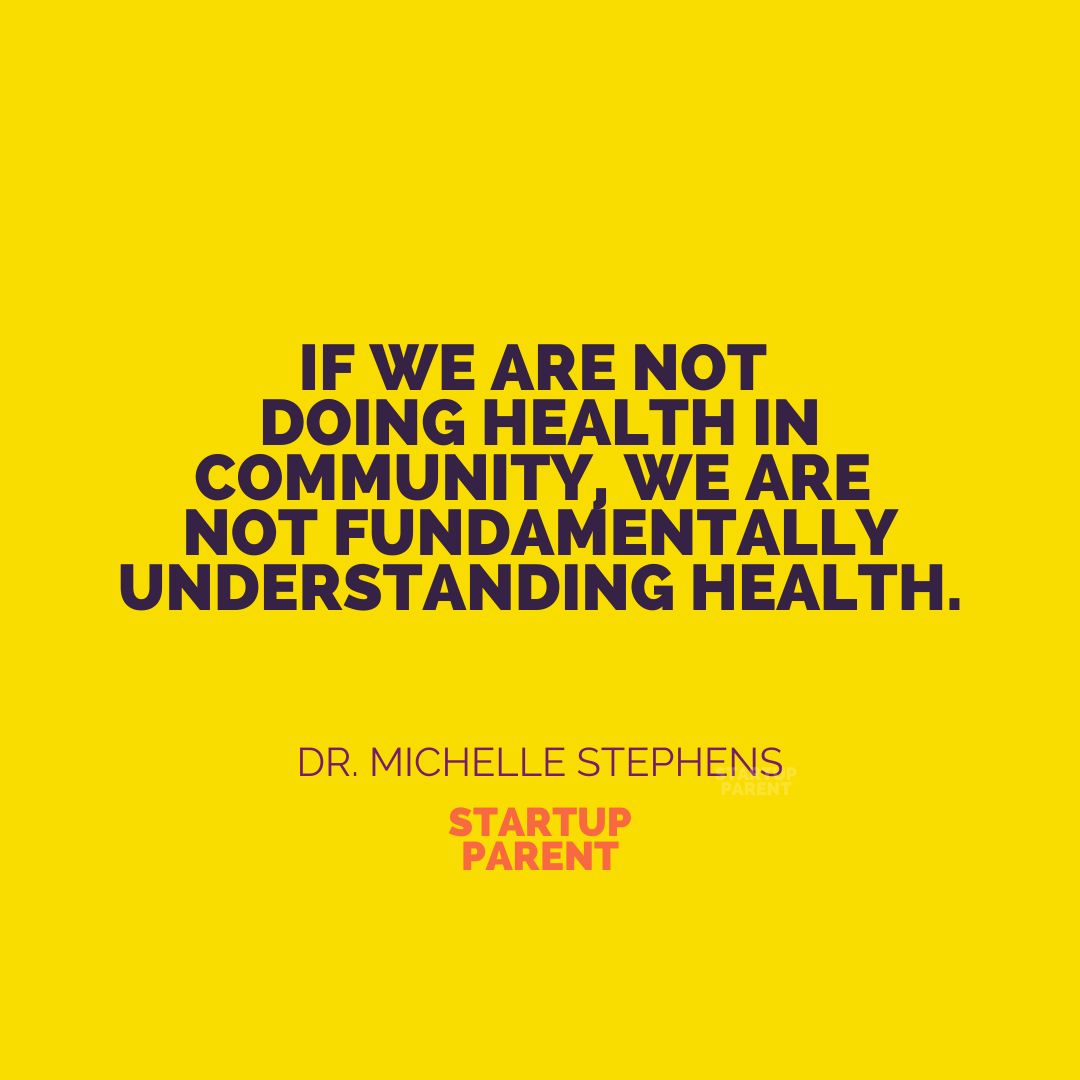
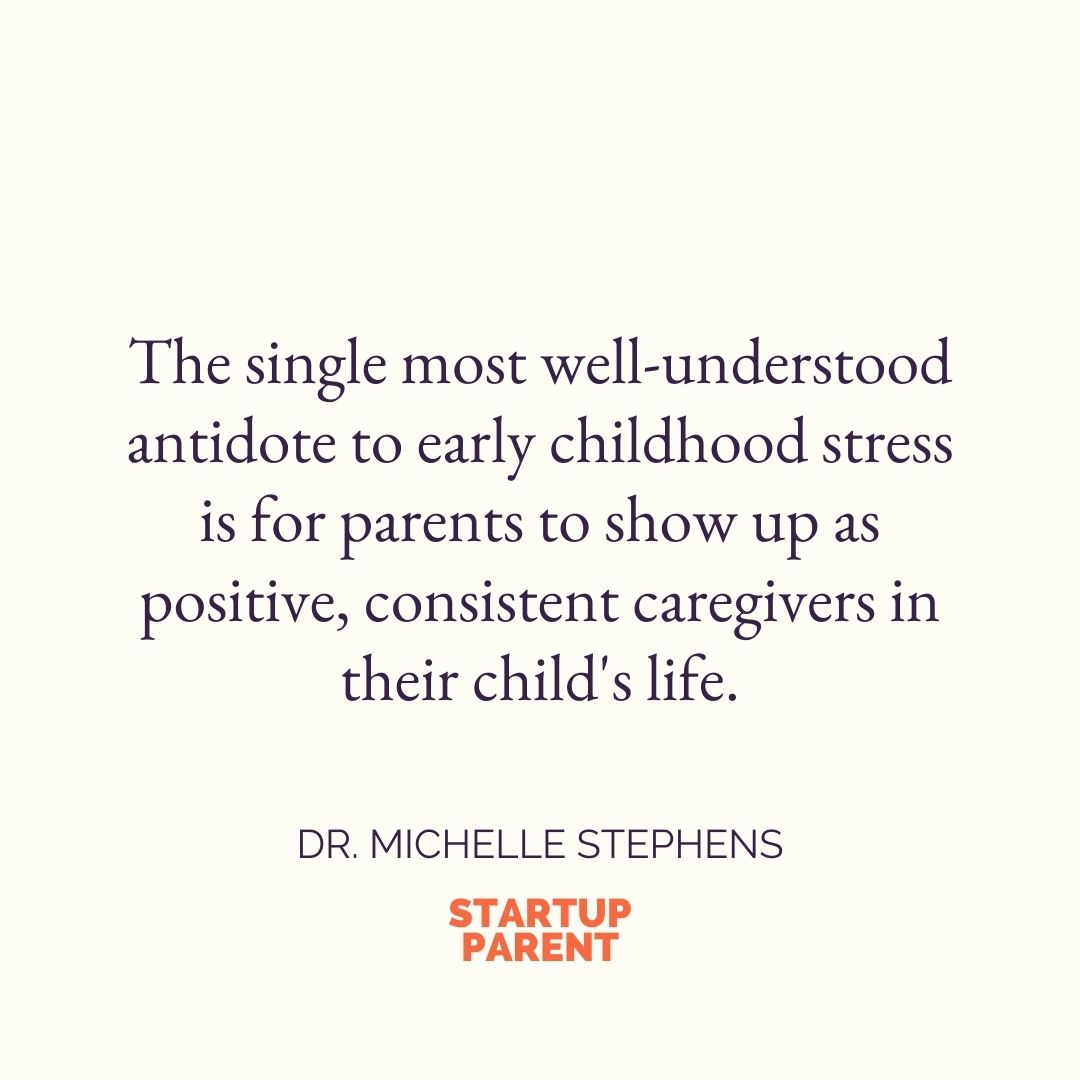
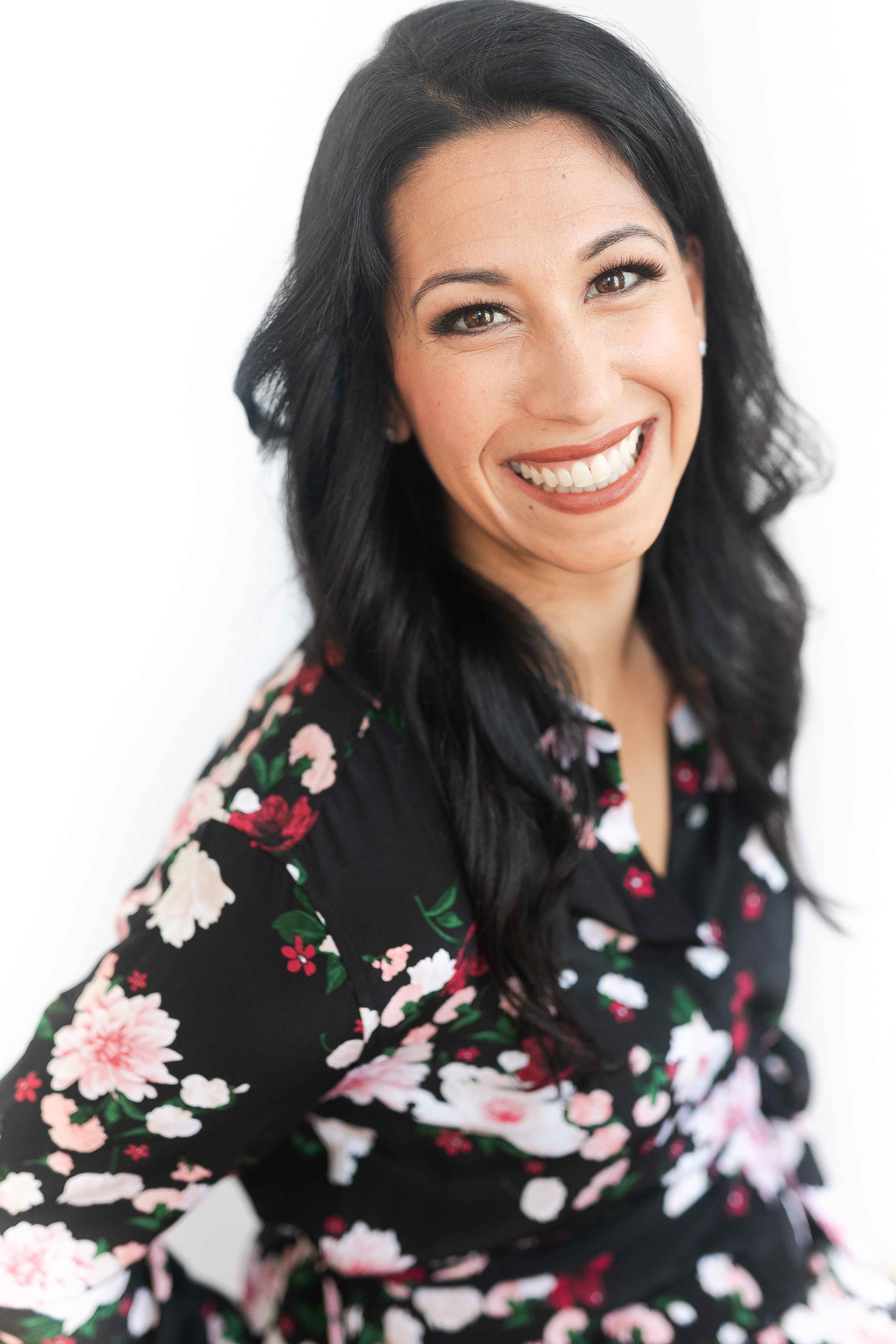
FEATURED STARTUP PARENT
Michelle Stephens, Ph.D, CPNP, RN
Dr. Michelle Stephens is cofounder and chief nursing officer of Oath Care, a healthcare app that is reimagining healthcare. Her experiences as a pediatric clinician, early childhood stress scientist, and mom deeply inform how she leads and builds Oath Care. Their mission is to deliver healthcare that is rooted in community, and provide complete support for parents for the entire pregnancy, postpartum, and pediatric journey.
Where to find Michelle Stephens:
The Wise Women’s Council
Because most business advice doesn’t work for working moms.
We believe there’s a better, more innovative way to build and lead. The Wise Women’s Council is a year-long leadership incubator for business moms who want to learn how to live and lead differently.
The Wise Women’s Council is a community of business moms rethinking work and life in a way to sustain your drive and ambition for the long term.
In this group, you’ll discover what’s possible for you, and how to design your life and business in a way that supports and delights you. Come be around other working moms who get it.
ABOUT THE STARTUP PARENT PODCAST
If you're growing a business, leading a team, or figuring out entrepreneurship and you have kids, this podcast is for you. We go in-depth with founders and entrepreneurial parents about what it really takes to have babies, grow businesses, and get a little bit of sleep. Sign up for the newsletter to get new episodes in your inbox. And leave us a review on iTunes.
Listen to The Startup Parent Podcast on Apple ★ Spotify ★ Google ★ Overcast ★ Stitcher ★ Castbox or wherever you listen to podcasts. Find another podcast player or the RSS feed here.
